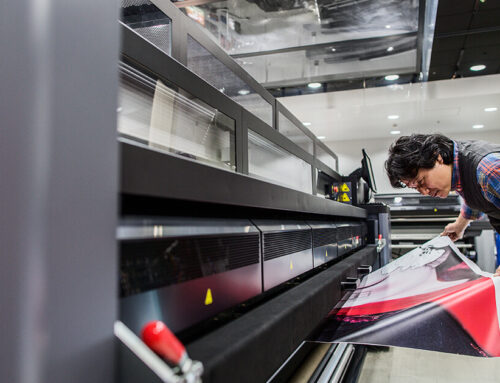Analytics and AI-based decision-making, the complexities of multicloud computing, and data growth unpredictability drive the need for intelligent storage.
Digital business—the integration of data and corporate strategy—is creating an unprecedented number of opportunities to improve products and services and even create entirely new business models. But digital business is made possible by data quantities that are multiplying at a startling rate, putting extreme pressure on storage infrastructure and IT staff. The old methods of reactive storage management won’t work anymore. To enable digital business, intelligent storage is needed.
Just what is intelligent storage? The following are three examples.
First, intelligent storage means using artificial intelligence. AI algorithms gather performance information across the entire installed base of storage systems and then study it to discern patterns, whether in application behavior, data movement, or hardware reliability. In this way, small tendencies can be spotlighted, making it possible to automatically avert larger performance issues before they develop.
As data centers and hosting facilities grow in size, the knowledge provided by AI is indispensable for fast performance and high reliability. Basefarm, an IT service provider based in Norway, is relying on AI capabilities to stay informed as to storage capacity, growth potential, and systems health, as it serves customers such as airlines and financial institutions.
AI can play a key role in the performance of flash memory. For unmatched speed, affordable flash memory is now available to accelerate storage performance economically. AI-enabled proactive monitoring can ensure high availability for flash memory systems, making it unnecessary to add costly expert staff. iland, a global cloud service provider, is relying on AI-enabled predictive flash arrays to study, understand, and anticipate the capacity needs of customers. Result: iland delivers its customers high availability, performance, and security.
Second, intelligent storage means understanding where data needs to be across multiple data centers and the cloud. Many businesses have adopted mirrored data centers to ensure high availability. Should an issue cause one data center to go offline, the other would take over instantly. Stupp Bros. Inc., a steelmaker based in St. Louis, has implemented just such an approach. Each data center contains the same data for manufacturing execution systems, materials and production management, finance, and accounting.
In addition to its two data centers, Stupp Bros. wanted a third layer of protection. For that, the company reached out to the cloud. With critical data replicated to the cloud, the steelmaker can continue operations even if both data centers go offline. This added protection will come in handy in the event of a ransomware attack, according to Stupp Bros. CIO John Roosa. With production data snapshotted, he says, there would be no need to pay a ransom to recover locked data.
Also, Roosa is considering the use of cloud-based services to augment on-premises storage. When VMs can be spun up in the cloud, whether AWS or Azure, for example, data can be moved to the most economical location, while still ensuring it is available promptly when applications need it.
Third, intelligent storage is consumption-based. For many businesses, demand fluctuates dramatically. This is particularly true for online retailers. Shopping activity during peak holiday periods can go through the roof. Because it would be unacceptable for customers to visit a retail website and be unable to make a purchase because of insufficient capacity, IT managers might consider overprovisioning storage and simply chalk it up to a cost of doing business. But retail margins can be razor-thin. A far smarter and more strategic approach is to provision storage flexibly, using consumption-based capabilities. Moreover, instead of performing backup with a centralized, on-premises infrastructure, backup as a service allows businesses to protect customer data and, simultaneously, gives them full control to back up and restore data anytime.
Yoox Net-A-Porter Group (YNAP), an online retailer based in Milan, Italy, is implementing flash storage to make sure its website is highly responsive to customers. To handle demand spikes, YNAP is enlisting the supplementary capacity of consumption-based storage. Using AI-enabled performance monitoring, strains on storage can be detected and consumption-based storage, whether on premises or in the cloud, can be brought into play. The result is exceptional performance, airtight reliability, and avoidance of unnecessary costs.
Expert guidance
As you can see, intelligent storage can help you advance your data-driven strategy in many ways. However, understanding the broad spectrum of business needs and the range of intelligent storage options is no simple task. Specialists who focus on this realm can be of incalculable benefit to an organization. The end result of intelligent storage, implemented with expert guidance, is that organizations are freed from concern about provisioning infrastructure and providing uptime, and can instead focus on what is strategically important: digital business.
Destination url: https://www.hpe.com/us/en/insights/articles/strategic-storage-is-intelligent-1903.html?jumpid=in_510385102_NXTstrategicstorageSN032619








